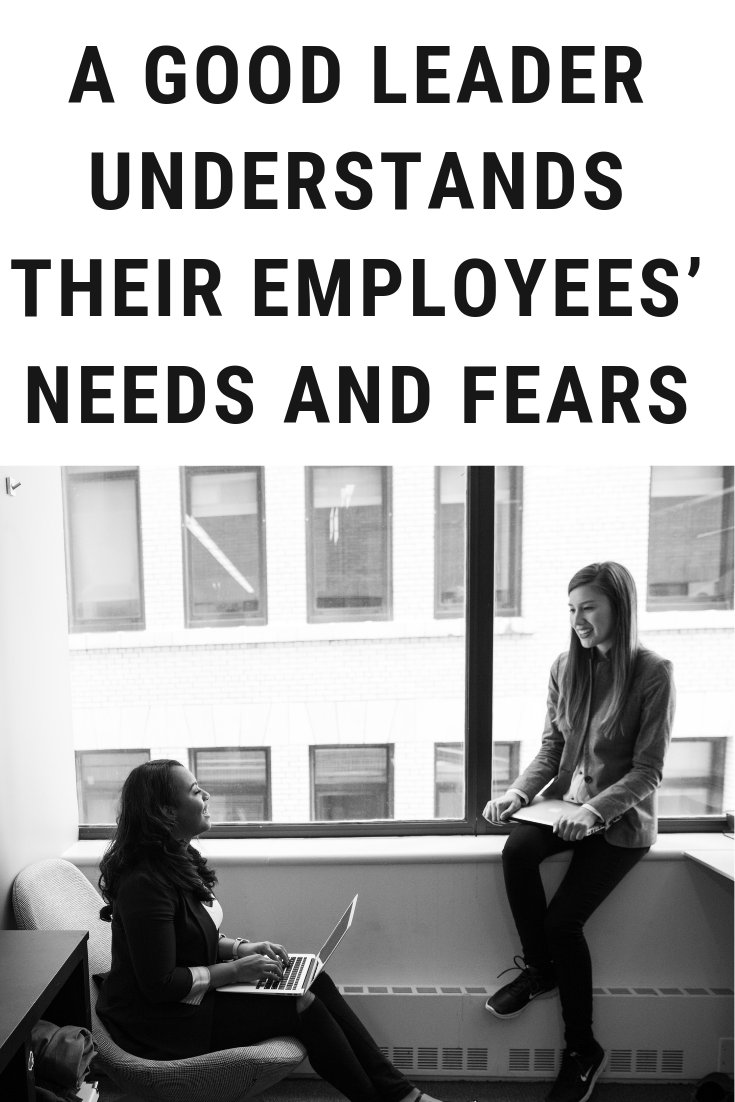The 1 Thing Most Leaders Get Wrong
Being vulnerable with coworkers and employees is a balancing act for many leaders. On one hand, you want to build a relationship but you don’t want to overshare or appear unprofessional.
Business IS personal
This dilemma stems from the myth, ‘it’s not personal, it’s just business.’ I laugh to myself whenever I hear this because there is an entire industry devoted to an entirely opposite sentiment - it’s called advertising. Companies spend billions of dollars trying to convince consumers their brand is relatable and yet inside these same companies, employees put on an extremely professional, reserved, sometimes cold, persona. Business is personal. People spend more time with their coworkers than their own family. Parents send their sick kids to daycare so they can serve their organization. Some folks commit suicide after they lose their jobs. I rest my case.
Benefits of vulnerable leadership
A good leader needs to understand their employees’ needs and fears otherwise they will constantly combat unproductive behavior and poor performance. When a company values personal, honest relationships with their employees, it experiences higher engagement, lower turnover, and more innovation.
What NOT to do
You don’t have to divulge everything in order to build a relationship with employees and coworkers. Besides, this behavior actually erodes trust. A good leader doesn’t play victim when communicating difficult news either. It’s also not a good idea to fake it if you don’t intend on walking the walk. For example, a manager may ask his employees if there is anything he can do to help but doesn’t ever follow through.
The right way
A vulnerable leader answers tough questions directly and candidly, creates a safe place for diverse opinions, makes ethical decisions, adapts to change, and doesn’t feel the need to know it all or be it all.
Avoid Oversharing
So how does one be vulnerable without oversharing? First, let’s define a key term all of this relates to. Self-disclosure is the process of revealing information about yourself. It’s a vital component to team cohesion because it builds trust. In order to self-disclose appropriately, set boundaries. What do you want to remain private? Has a friend or loved one explicitly asked you not to share this piece of information? How would you feel if this was on the front page of the newspaper? If it’s factual and you don’t mind it being publicized, then go ahead and share.
Usually if someone has shared something with you, it’s safe to exchange equivalent information. Unfortunately, sometimes people will use this against you. We’ve all been a bad judge of character a time or two, confided in someone we thought we could trust, only to end up in a game of telephone. Man, that’s a cruddy feeling. It sounds very elementary but really think about whether you can trust someone before you share. Here are some red flags: they’re envious, gossip, or complain about everything. When your colleagues are gossiping, try not to engage in it. Instead, turn the conversation around to a positive direction.
If you happen to overshare, apologize to the recipient for making them uncomfortable. You can also tell them it wasn’t your news to share and you would appreciate their confidentiality. If you’re talking with or managing someone who overshares, advise them it is not in their best interest to say that.
Conclusion
While most people recognize the benefits of creating an open, cohesive work environment, it takes everyone’s involvement, from the very top to the very bottom.
How do you embrace vulnerability or what are your best practices for self-disclosure? Please comment below!

